What a night. Let’s start at the end: a crescendo of raucous acclaim inside Villa Park, Emiliano Martinez pounding the earth in celebration, Jhon Duran with a flurry of fist-bumps at the Holte End and tens of thousands of Aston Villa fans, young and old, letting out exultant cries while others rubbed their eyes in disbelief.
There was immediate poignancy in the scoreline: Villa 1-0 Bayern Munich, just like the 1982 European Cup final.
This, as Jose Mourinho might say, was football heritage.
The echoes of Villa’s illustrious past were inescapable. In one of England’s most historic and atmospheric grounds, two of the heroes of 1982, Dennis Mortimer and Peter Withe, looked overwhelmed during the celebrations at the final whistle, no doubt remembering their team-mate Gary Shaw, who died last month.
But as well as paying homage to the past, it was a night that felt vital for the future of European football.
There was so much excitement at UEFA when it ushered in a new Champions League format, promising more “intensity and emotion” as well as, of course, more match-ups between the biggest clubs. The first few nights of the new format had raised more concerns than ever about competitive balance within European football, with an alarming number of one-sided results, but Wednesday brought a landmark victory for Villa — in their first home match in the European Cup since 1983 — and famous wins for Lille (1-0 over Real Madrid) and Benfica (4-0 over Atletico Madrid).
Villa’s victory owed nothing to the rejigged format. It is all about their growth as a club, re-energised to a remarkable extent since Unai Emery took charge just under two years ago.
There have been so many significant wins along the way, but this one — made possible by an outstanding defensive display and Duran’s audacious lob in the 79th minute — had a wider context, underlining why qualification for European competition must always come down to sporting merit rather than commercial appeal.
WHAT HAVE WE JUST WITNESSED 🔥
Has Jhon Durán just delivered the moment of the night?! 😮💨
📺 Watch @tntsports and @discoveryplusUK pic.twitter.com/laAj5FwErX
— Football on TNT Sports (@footballontnt) October 2, 2024
Villa were nowhere near the discussions that were held in 2021 about a European “Super League” that would effectively have cast them, Lille, Benfica and so many others into the shadows while guaranteeing qualification every year for a self-appointed elite of 12 clubs. Villa responded with a statement condemning those plans, saying they were “not standing idly by allowing the dreams of Aston Villa fans to be taken away by this sinister scheme”.
But were Villa supporters even dreaming of Champions League football in 2021? They had not long returned to the Premier League after a three-year absence in which they had briefly threatened to sink further under the calamitous ownership of Chinese businessman Tony Xia.
What did Champions League nights look like at Villa Park six years ago? Europe wasn’t even on their radar. They were playing in England’s second-tier Championship, drawing 3-3 at home to Preston North End, with Glenn Whelan missing a penalty in stoppage time. Oh, and a fan ran to the touchline and threw a cabbage at their beleaguered manager Steve Bruce, who was sacked the following day. Salad days they were not.
It has become difficult for even a club of Villa’s size and heritage to compete with the elite that has taken shape over the past two decades, swelled by year after year of Champions League revenue and the huge commercial deals that have come with it. For Villa to break the glass ceiling by finishing fourth in the Premier League last season, thus securing a place in Europe’s premier competition for the first time since 1982-83, was a remarkable achievement by Emery and his players.
Any underdog talk requires certain caveats; even without Champions League money in 2022-23, Villa’s revenue was the 21st highest in Europe, ahead of Benfica, Roma and Sevilla, just behind Napoli and Marseille.
But compared to Bayern — and to Real Madrid, Paris Saint-Germain and of course to Manchester City, Liverpool and a handful of others — Villa are paupers, so stratified has the European football landscape become.
They were certainly underdogs on Wednesday. Perhaps Bayern’s aura has faded slightly, having surrendered the Bundesliga title to Bayer Leverkusen last season and now in the early stages of a rebuild under Vincent Kompany, but it still took a monumental effort from Villa to inflict their first defeat in the league phase of European competition since 2017.
It remains to be seen how significant Wednesday’s results will be in the new format. Logically, a defeat should weigh less heavily when it is one of eight matches rather than six. But Bayern’s next three Champions League games are against Barcelona, Benfica and PSG. The format offers considerable margin for error — which is of course the idea, more high-profile matches with less jeopardy for the biggest clubs — but Bayern’s task has certainly been made harder.
As an occasion, Villa’s triumphant return to Europe has had certain parallels with Newcastle United’s emphatic victory over PSG at the same stage of last season’s Champions League. In both cases, it strengthened the feeling that these are clubs — and cities — that relish and enhance this type of occasion.
The difficulty is that Newcastle’s adventure did not last, as Eddie Howe’s squad became horribly stretched by injuries as the group stage went on, and they ended up missing out on European qualification for this season. The challenge for Villa is not just to go deeper in this year’s Champions League but to qualify again and again; even for a club who have got so much right over the past couple of years, that is so difficult when it means continually outperforming rivals who are nothing like so constrained by financial regulations.
You can be sure that among some of the elite clubs there will be a sense of regret that there is no Manchester United and no Chelsea in this Champions League, no Sevilla or Valencia, no Napoli or Roma. Among those whose only concerns are broadcast and commercial figures, there will be limited enthusiasm for the involvement of Girona, Brest, Bologna, Atalanta and others. Do not forget how former Juventus chairman Andrea Agnelli questioned in 2021 whether it was “right” that Atalanta, a club “without international history”, should be allowed to qualify for the Champions League by virtue of their league position while Roma and others missed out.
The answer is that qualification should always be dictated by on-pitch performance rather than commercial prowess. So much of this competition’s appeal comes down to the matchday atmospheres and to whether the less-fancied teams are willing and able to rise to the occasion and add to the drama by going toe to toe with European football’s superpowers.
In that respect, what happened in Birmingham and in Lille on Wednesday night was exactly what European football needs: the feeling that, for those outside that super-club elite, there is still something worth fighting for. As the supporters at Villa Park know so well, the European Cup should be an opportunity to create legends rather than just to make money.
(Top photo: Neal Simpson/Sportsphoto/Allstar via Getty Images)

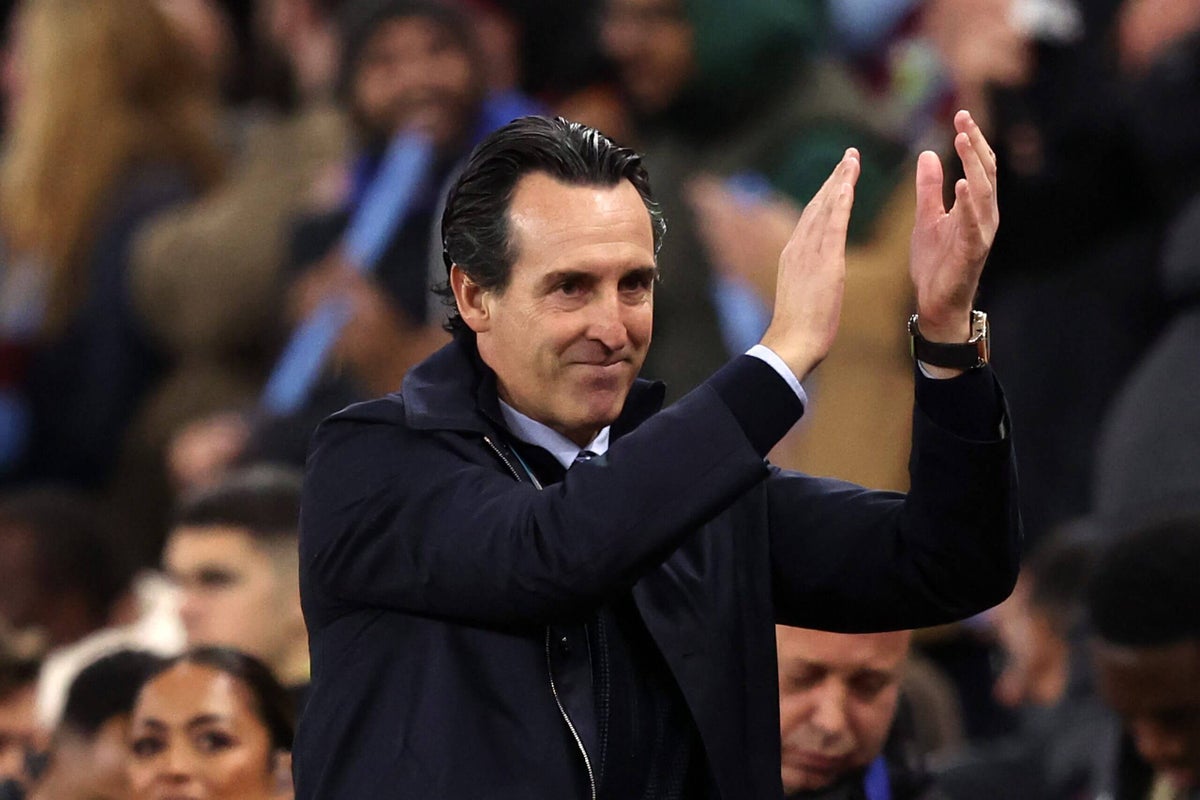
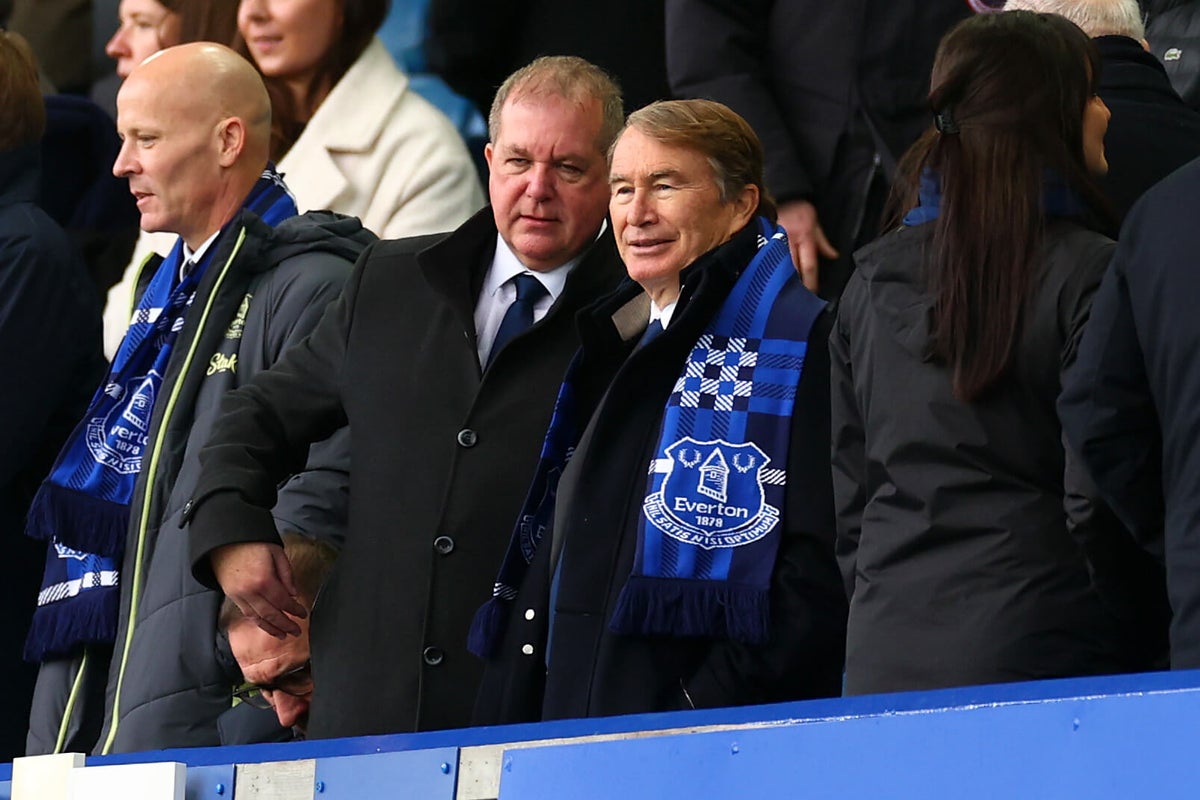


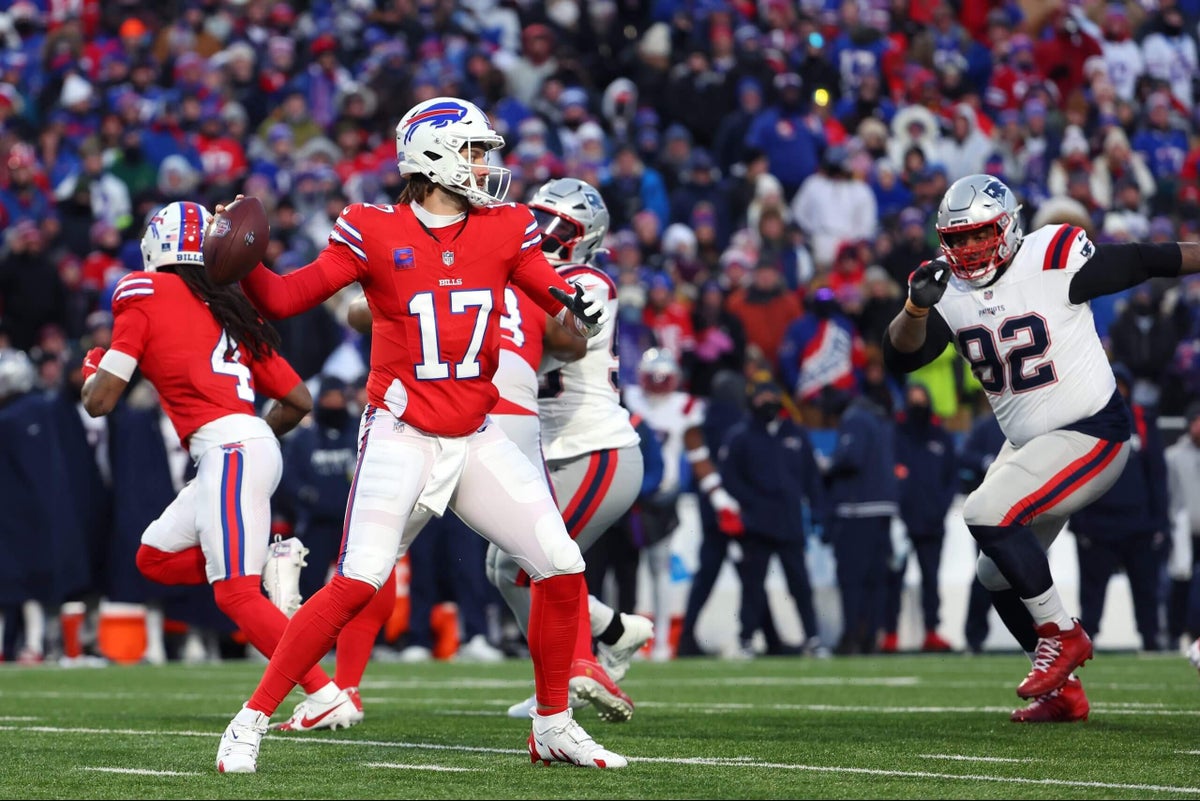


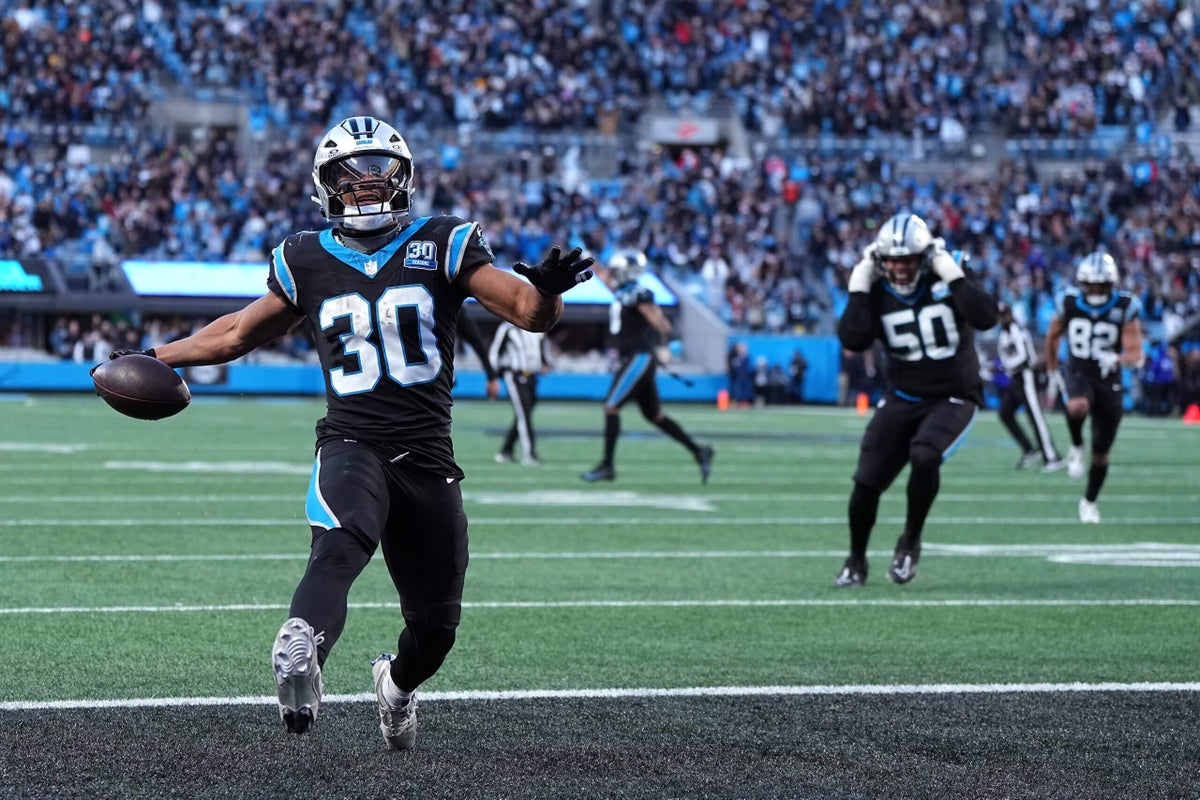

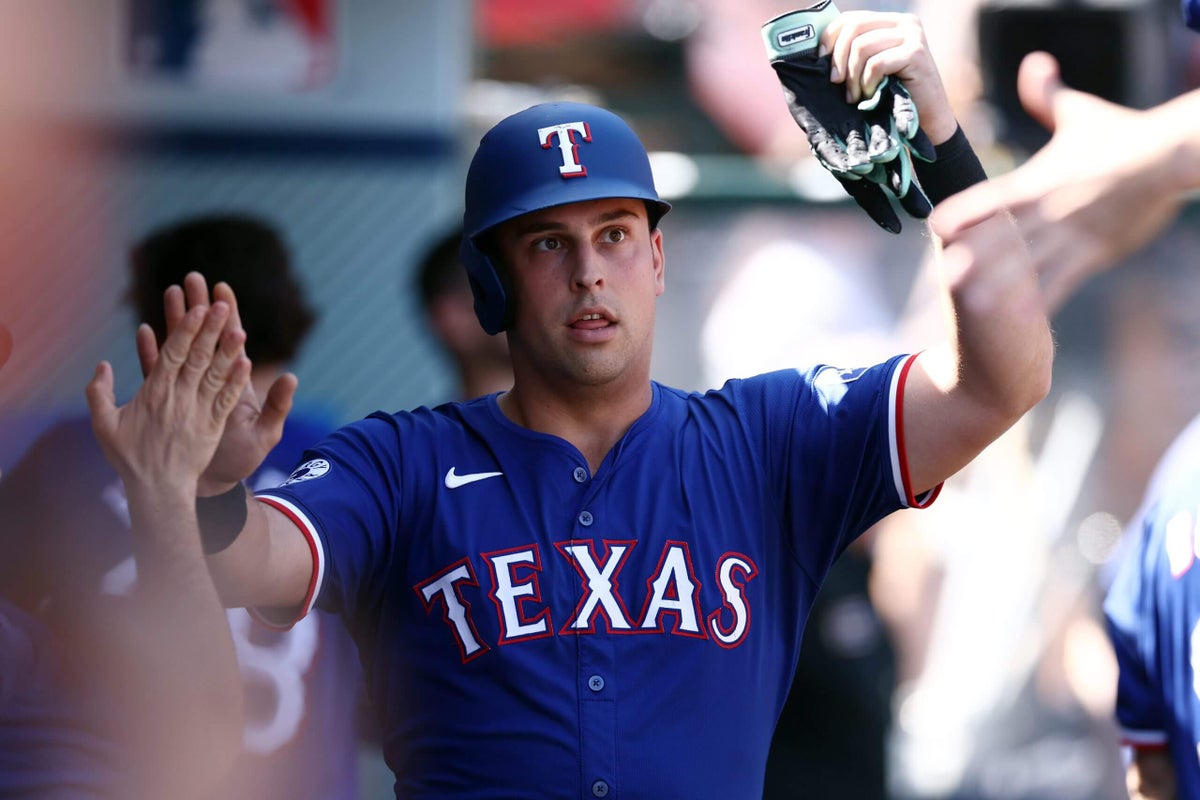


Leave a Reply